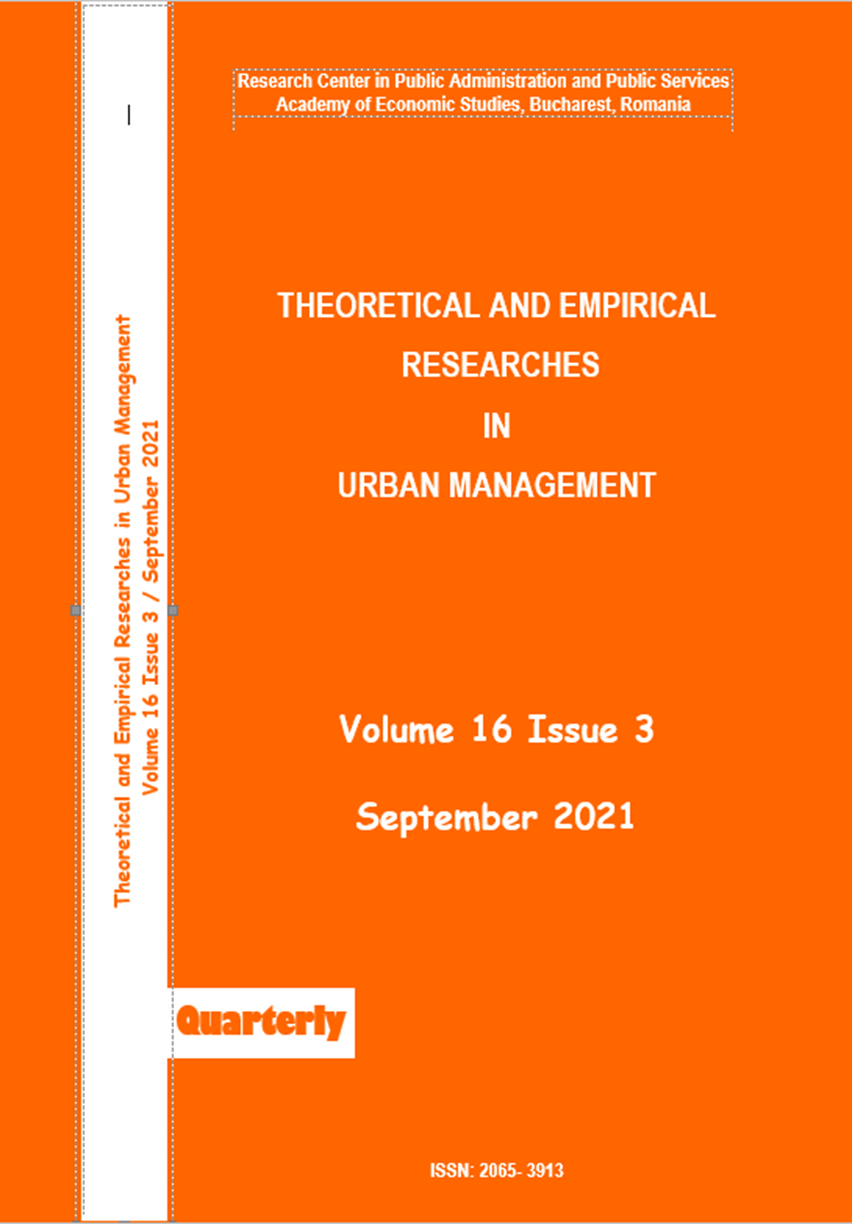AN ENERGY TRANSITION ANALYSIS FOR A PUBLIC TRANSIT BUS SYSTEM
AN ENERGY TRANSITION ANALYSIS FOR A PUBLIC TRANSIT BUS SYSTEM
Author(s): Juliano da Silva PEREIRA, Tatiana Maria Cecy GADDA, Eduardo Cesar AMANCIO, Jair URBANETZ JÚNIOR, Janine Nicolosi CORREA, Thiago Carvalho dos Reis SILVEIRASubject(s): Geography, Regional studies, Regional Geography, Environmental and Energy policy, Transport / Logistics
Published by: Academia de Studii Economice - Centrul de Cercetare in Administratie si Servicii Publice (CCASP)
Keywords: Electric Buses; CO2 emission reduction; photovoltaic solar energy; renewable energy; urban mobility;
Summary/Abstract: Worldwide, Brazil is the seventh largest contributor to greenhouse gases emissions. Public transport, which is highly dependent on fossil fuels, accounts for 17% of all emissions from the Brazilian energy sector. This paper aims to identify the carbon dioxide emissions reduction potential by switching Curitiba's public transport bus fleet from diesel fueled buses to electric buses. The calculation, which was based on data collected from the system management company and from the literature, was applied into three scenarios. In the first, we estimate the system's CO2 emission for the current fuel choice, diesel; in the second, we consider the adoption of electric buses, by meeting the energy demand with the national energy matrix; and in the third, the demand would be fed by photovoltaic systems. The results indicated a CO2 emission reduction potential of about 81%, 90% and 93%, considering three different analysis: (1) buses energy demand supplied by the national electric matrix in a context of a rainfall worst-case; (2) buses energy demand supplied by the national electric matrix in a context of a rainfall best-case; and (3) energy demand supplied by solar energy. It would represent a reduction of, respectively, 68, 75 or 78 thousand tons of carbon dioxide emitted into the atmosphere per year. The results suggest that a switch from fossil fuel run buses to electric buses has a great potential to contribute to decarbonising transport, especially in cities with a large bus fleet and distance traveled.
Journal: Theoretical and Empirical Researches in Urban Management
- Issue Year: 16/2021
- Issue No: 3
- Page Range: 53-72
- Page Count: 20
- Language: English

